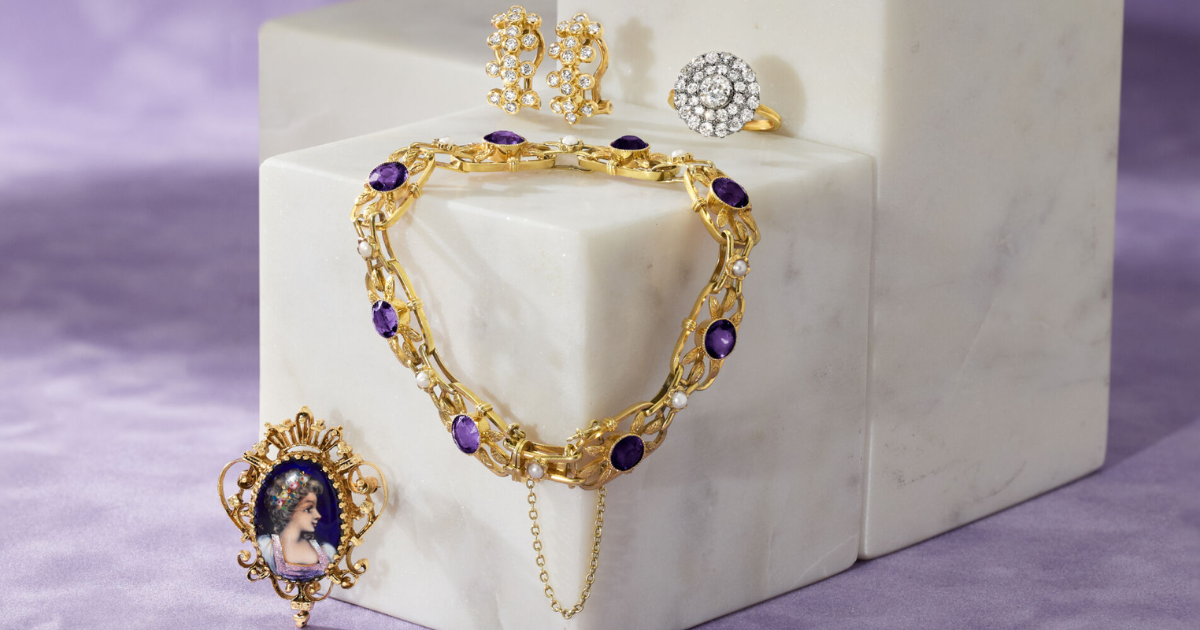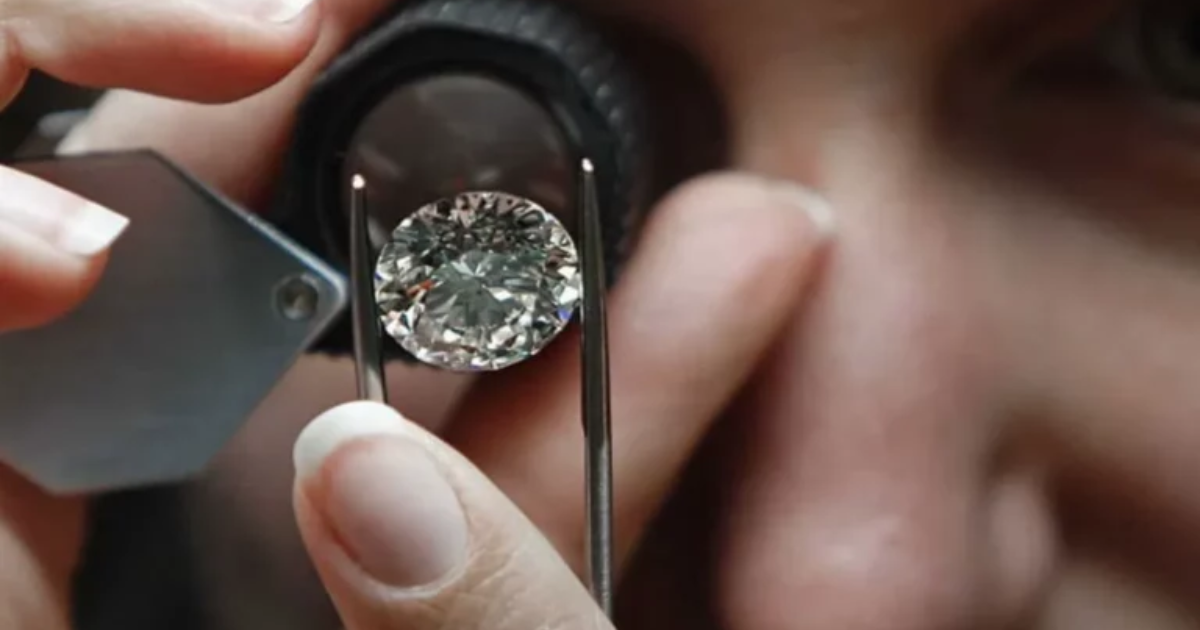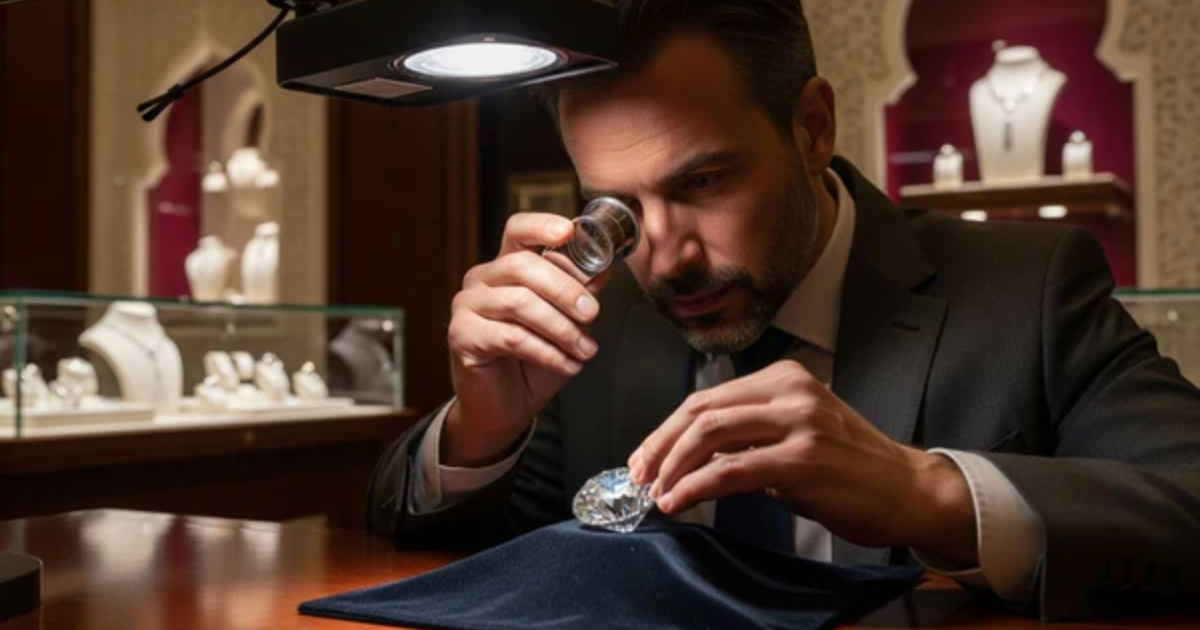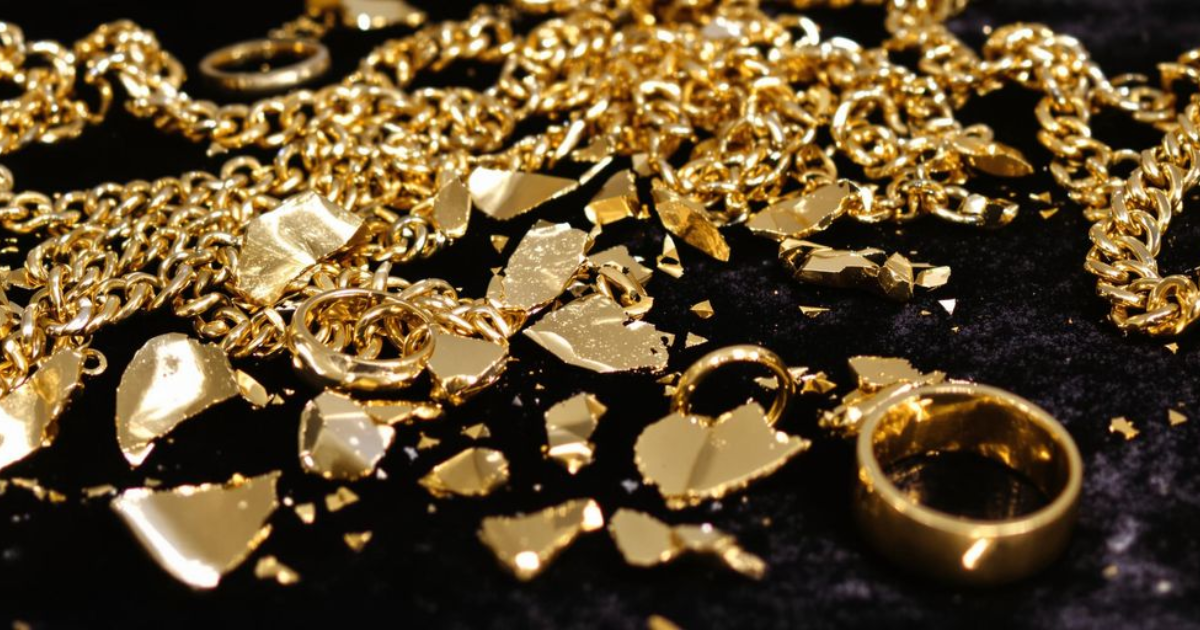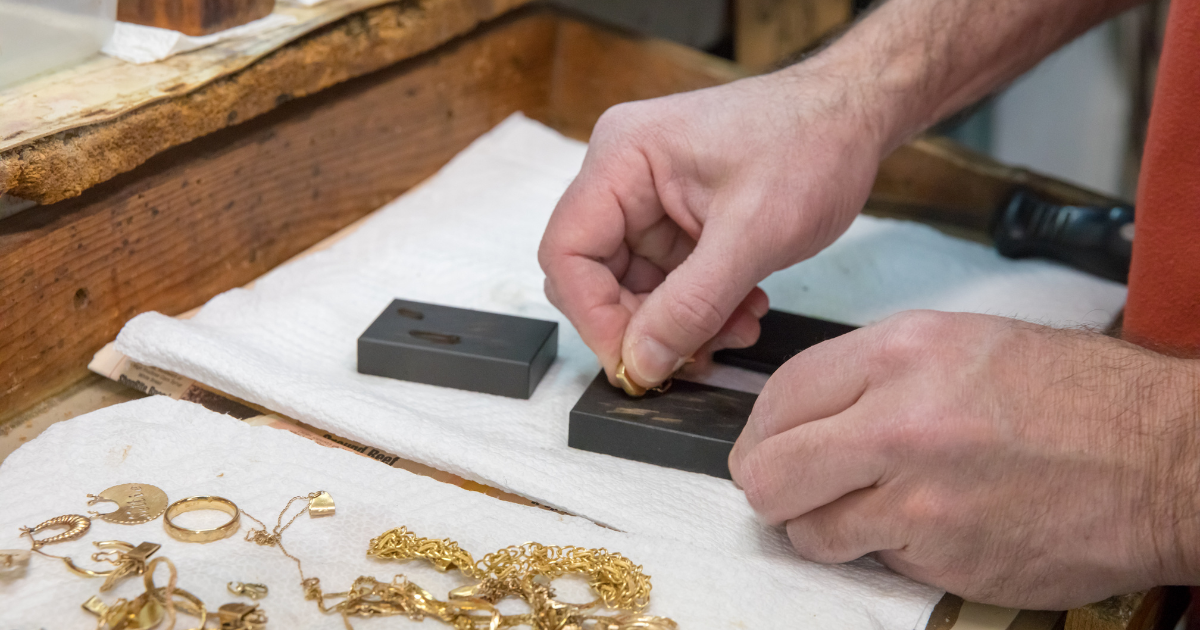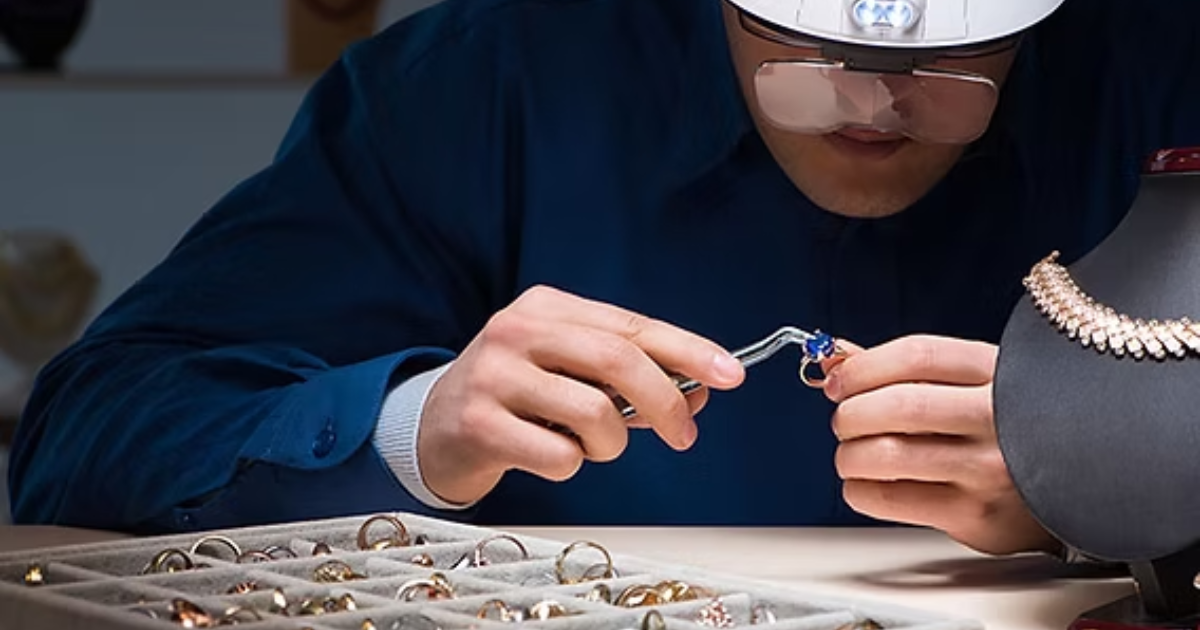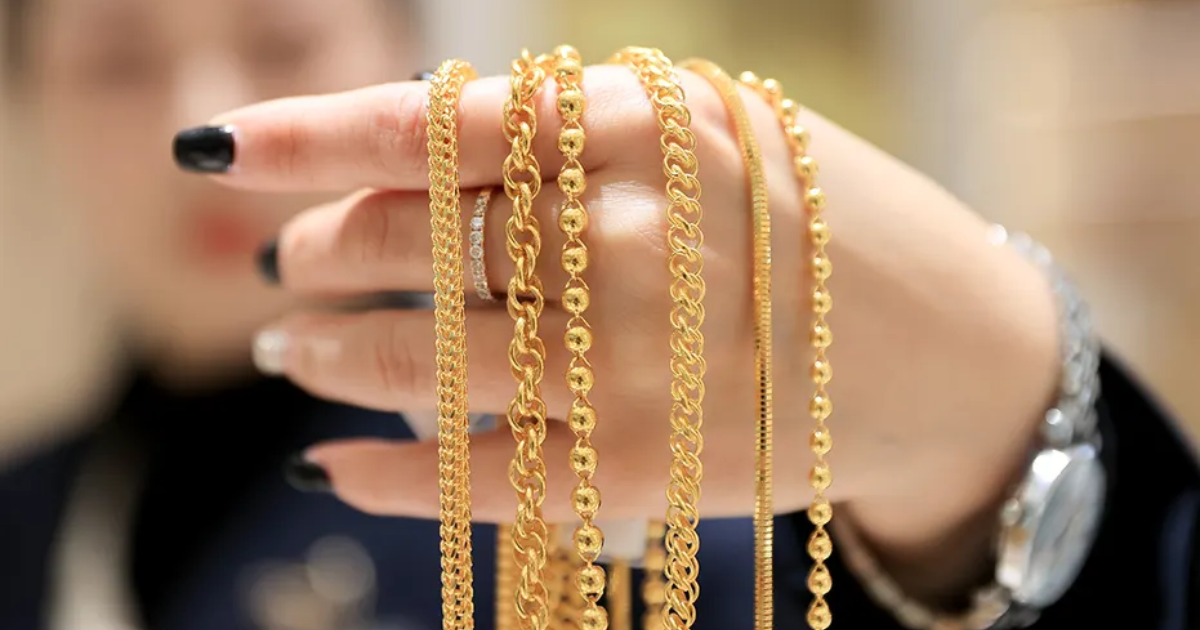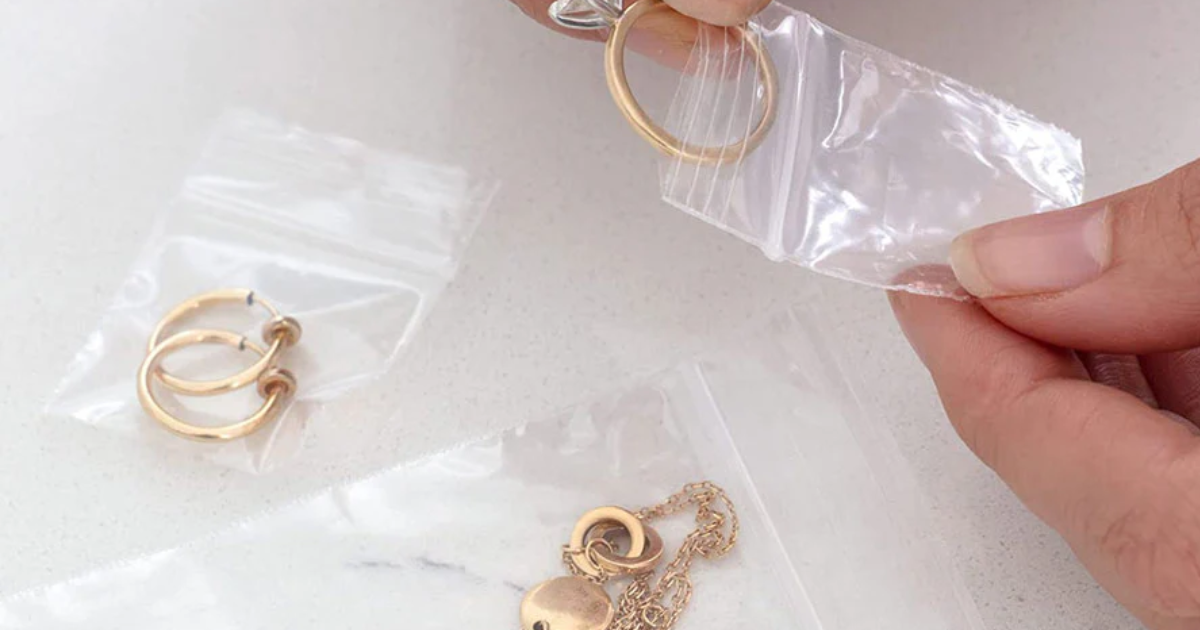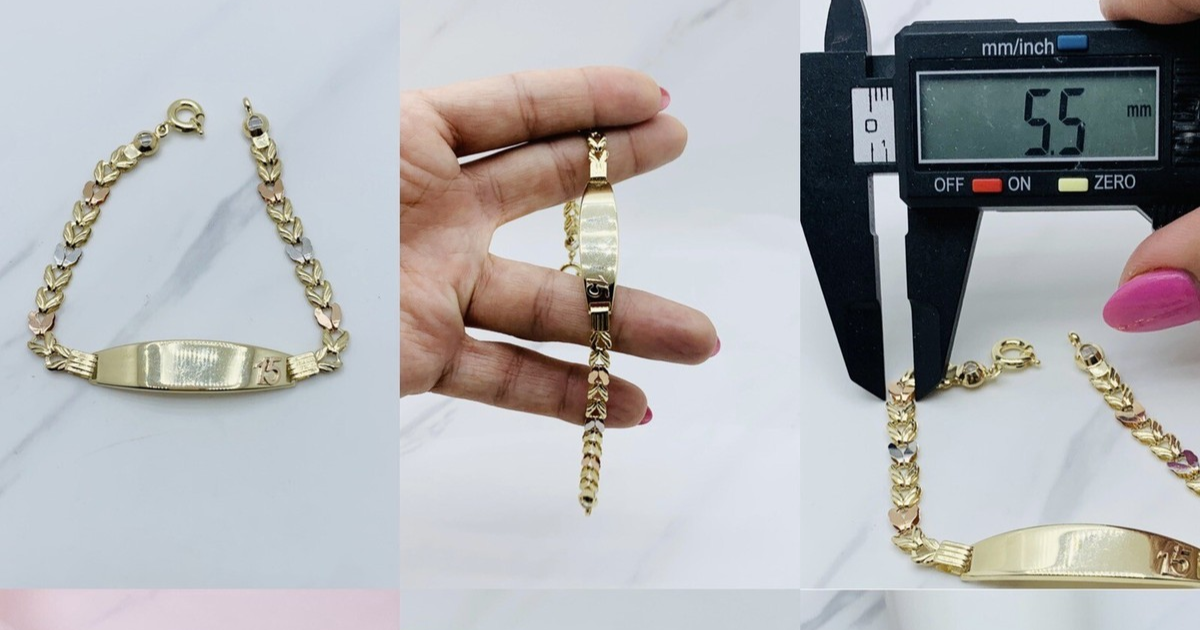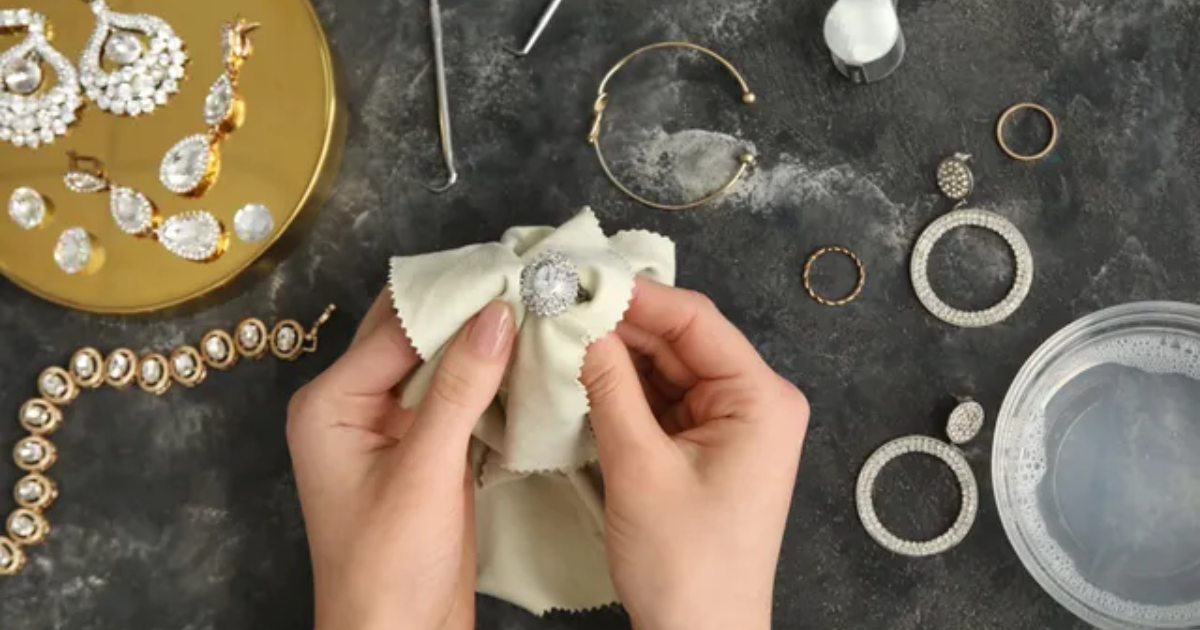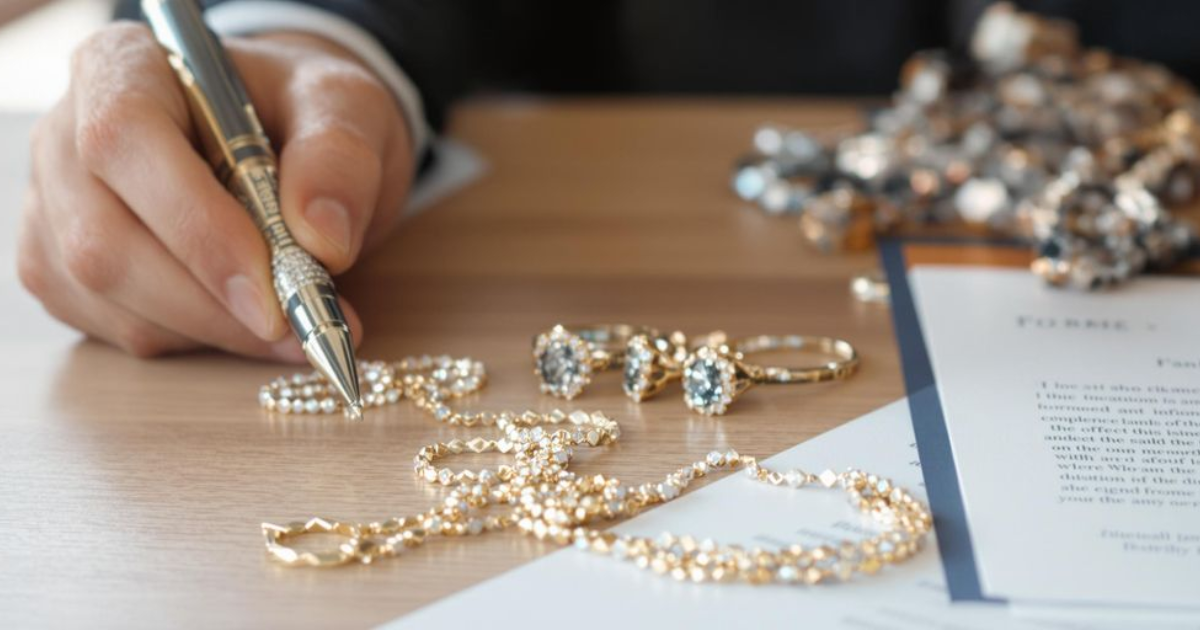What Does Estate Jewelry Mean? A Complete Guide for You
If you’ve spent time browsing jewelry shops, auction catalogs, or vintage collections, you’ve likely come across the term estate jewelry. But what does estate jewelry mean? And more importantly, does it matter when you’re looking to buy or sell?
These are common questions, and knowing the answers can help you make smarter choices, especially when dealing with pieces that carry both history and value. Let’s break it down in a way that makes sense.
Understanding What Estate Jewelry Really Is
The simplest definition? Estate jewelry refers to any piece of jewelry that has been previously owned. It doesn’t have to be antique or vintage, it could be just a year old. The key is that the item belonged to someone else before you.
Often, these pieces come from someone’s personal collection, especially in the case of inheritance, downsizing, or estate liquidation. This is why you’ll often see the term used in high-end jewelry stores or in auctions, it signals that the item has a past, and potentially, a story worth telling.
So, if you’ve ever wondered what does estate jewelry mean, it’s not just about age, it’s about ownership.
Estate vs. Vintage vs. Antique: What’s the Difference?
These terms get thrown around a lot, and it’s easy to confuse them. But they each point to something specific.
- Estate jewelry: Previously owned, regardless of age.
- Vintage jewelry: Typically at least 20–30 years old.
- Antique jewelry: Usually 100 years or older.
Here’s the twist, estate jewelry can be vintage or antique, but not all vintage or antique jewelry is considered estate unless it’s been previously owned. In other words, that brand-new Art Deco-inspired piece isn’t estate unless someone else wore it before.
Why Estate Jewelry Is So Special
When you buy estate jewelry, you’re often getting more than just a beautiful accessory. You’re getting a piece of craftsmanship that may no longer be produced. These items often feature hand-cut stones, unique settings, and design techniques that reflect the era they came from.
From heirloom engagement rings to signed pieces by legacy designers, estate jewelry carries a level of charm and character that’s hard to find in mass-produced modern pieces. And because many of these items were made to last, they often hold their value well, especially when properly appraised and cared for.
Should You Buy or Sell Estate Jewelry?
If you’re thinking about selling a piece of estate jewelry, you’ll want to make sure you know what it’s worth. That means getting a professional jewelry appraisal to understand factors like metal quality, gemstone value, brand name, and craftsmanship.
On the other hand, if you’re shopping for something truly unique, estate jewelry opens up a world of possibilities. You’ll find designs that speak to different time periods, fashion eras, and cultural trends. And because you’re buying pre-owned, the pricing is often more accessible compared to new luxury items.
In both cases, working with a trusted jewelry expert makes a big difference. That’s especially true when you’re trying to answer deeper questions like what does estate jewelry mean in terms of resale, insurance, or authenticity.
Looking to Buy or Sell Estate Jewelry?
If you have ever asked what does estate jewelry mean the answer is simple. Estate jewelry refers to previously owned fine jewelry that often carries historical character and craftsmanship not commonly found in modern mass-produced pieces.
At Ayan Jewelry, we specialize in the evaluation, purchase, and sale of fine estate jewelry. Whether you are curious about the value of a family heirloom or interested in purchasing a unique piece with a story behind it, our experts are here to help. We combine expert knowledge with personalized service to ensure you get the clarity, care, and value you deserve.


